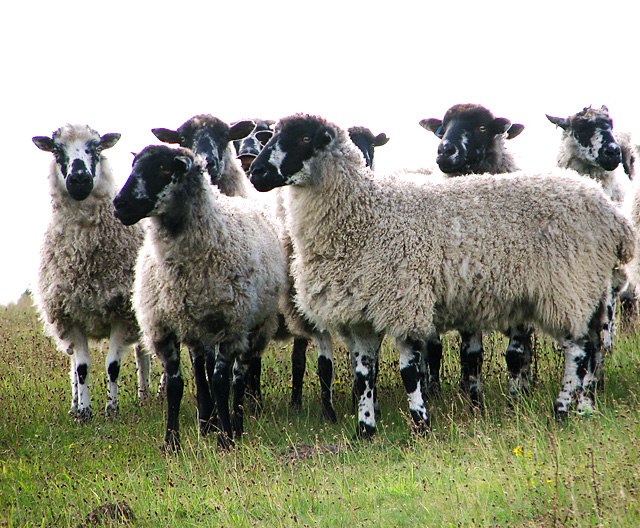with Lynne Kiesling
One of the few things that has made this particular bleak midwinter bearable has been the sudden rise of the viral game Wordle. For those who have not yet been initiated, Wordle offers a single puzzle each day. The goal is to guess a 5 letter word. You have only 6 guesses to get it right. After each guess, color coded squares indicate which letters are in the secret word and in the right place, which are in the word but in the wrong place, and which are not in the word at all. It’s a charming little game, made all the more fun by the restraint it imposes (Only six guesses! Only one puzzle per day!) and by the ease with which one’s success–but not the solution–can be shared on social media.

The game has spawned imitators of all sorts: an equation based version called “Nerdle,” a version called “Absurdle” where the secret word changes as you play the game, and a four-letter word version called “Sweardle.” Others are certainly being created as this post is being written. You can even play Wordle in French, si vous voulez.
On January 31st, The New York Times announced that it had purchased Wordle for a price in the low 7 figures.
Naturally, we’re pleased for the game’s creator. But the flurry of concern this has raised among Wordle fans reminds us of nothing so much as the 18th and 19th century debates over enclosure in England.
Enclosure is the practice of privatizing land that has been held in common by a community. These commons and customary rights dated from the time when farming best practices involved rotating crops among fields and leaving one field unplanted to regenerate. That field was available for grazing livestock. In the 17th century, enclosures were motivated by improvements in agricultural technologies and practices that could increase yields and output, although the magnitude of that actual effect is still a matter of debate among economic historians. These “first round” enclosures were typically governed in communities by using a unanimity rule, which almost certainly meant that those being dispossessed of customary grazing rights had to be compensated for the loss. The most fertile fields were the first to be enclosed, and by the 18th century many of the most mutually-beneficial enclosures were complete. In contrast, 18th century enclosures, backed by new Parliamentary legislation passed by landowner MPs, required only a community majority rule rather than unanimity.
Land that was formerly open for small tenant farmers and others to graze their animals was closed off from that use and reserved for private use by larger landowners with larger flocks and more political power. As enclosure became an increasingly common practice and was backed by this increasingly heavy handed use of political clout, protests grew and even became violent.
Obviously, the owner and creator of Wordle can sell it to whomever he likes. He made it. It’s his. Private property for the win. We’re not objecting to the sale.
But we are noticing that, because Wordle has been free to play and easy to share, and because The New York Times requires a subscription for its most popular games and puzzles, people are very worried that an enjoyable game that has been treated as a common pool resource is about to be enclosed. As of this writing, the NYT has said that “At the time it moves to The New York Times, Wordle will be free to play for new and existing players, and no changes will be made to its gameplay.” But no assurances have been given about Wordle remaining free to play in the future. If the NYT is going to leave Wordle free to play, why would they pay a seven-figure sum to acquire it? Are they planning to enclose the commons and remove the perceived customary rights of incumbent Wordle lovers?
We’re fascinated by how quickly people become invested in something they consider a common pool resource. When we talk about the kerfuffle over enclosure in the 18th and 19th centuries, we tend to focus on how enclosure overturned centuries worth of assumptions about the ways that land holding, animal husbandry, and English culture worked. Wordle has only been around for 6 months or so. We’re also interested to see that concerns over enclosure don’t just arise over vital resources for sustaining human and animal life. They can crop up over a word game.
We haven’t seen any Wordle riots yet. And we’re certainly hoping that we don’t. But for students of economics, or for teachers of economic history, Wordle makes an interesting object of study, as well as a good way to kill time on a coffee break.


READER COMMENTS
MarkW
Feb 2 2022 at 1:13pm
I’ve been hearing about Wordle but hadn’t played until just now. Quite randomly, I got it right on my second guess (with only one match on the first guess). I guess I’ll retire now. But what a trivially simple game to develop! Without the social media sharing, anybody with a just bit of programming experience could whip up a clone in a few hours. So really no enclosure is possible — probably — depending on how the IP shakes out.
Comments are closed.